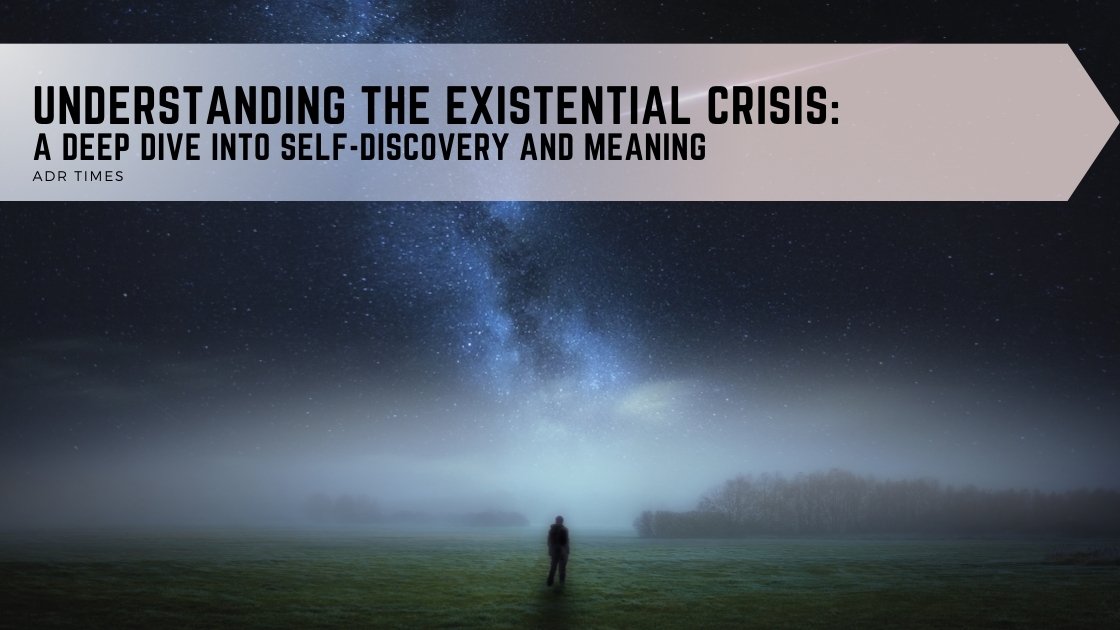Understanding the Existential Crisis
In the labyrinth of human emotions and experiences, few concepts are as profound and potentially unsettling in a person’s life as an existential crisis. This state of profound questioning and uncertainty about one’s place in the universe can strike anyone at any stage of life, leading to deep introspection and, sometimes, significant personal transformation. But …










